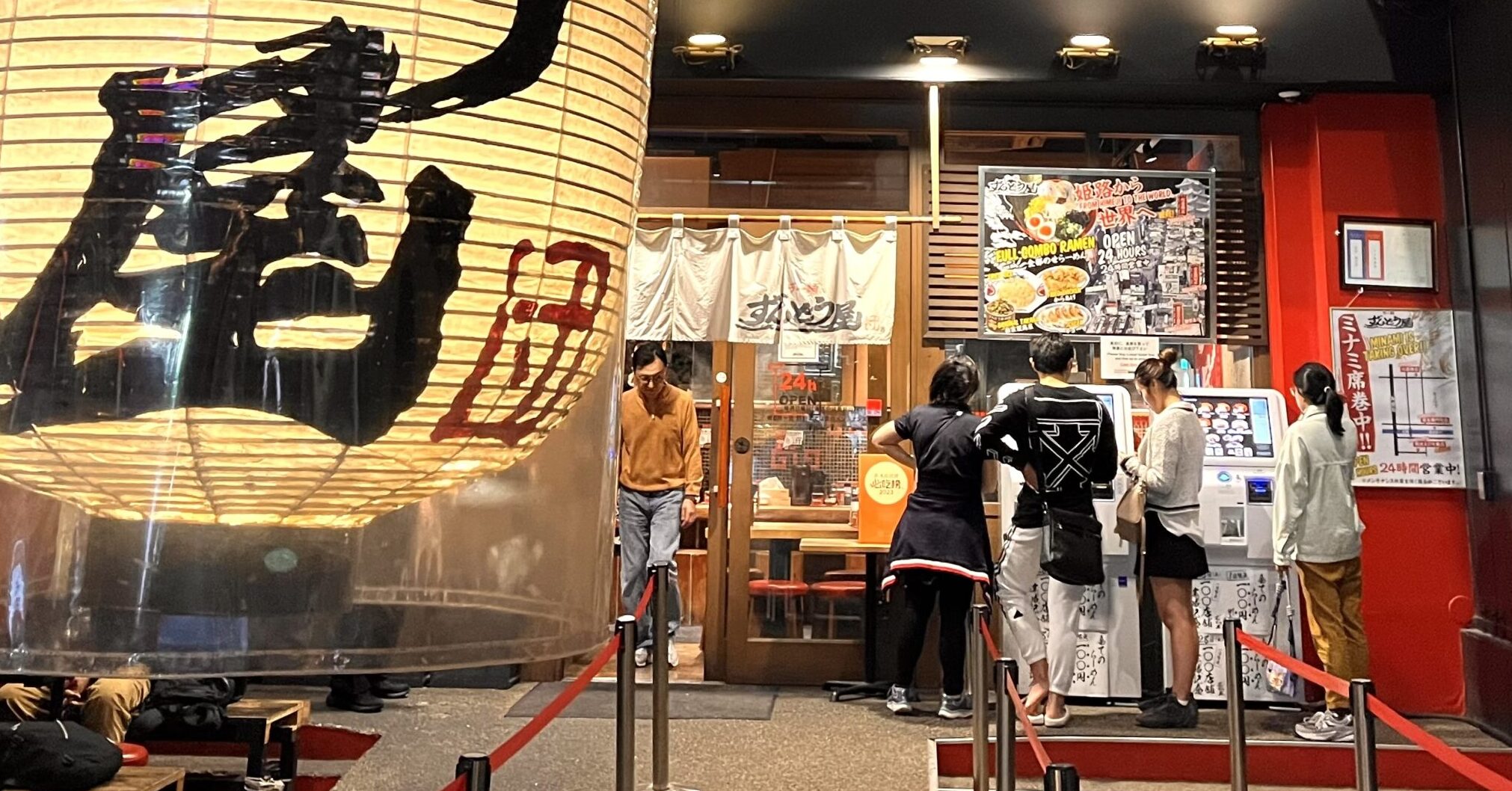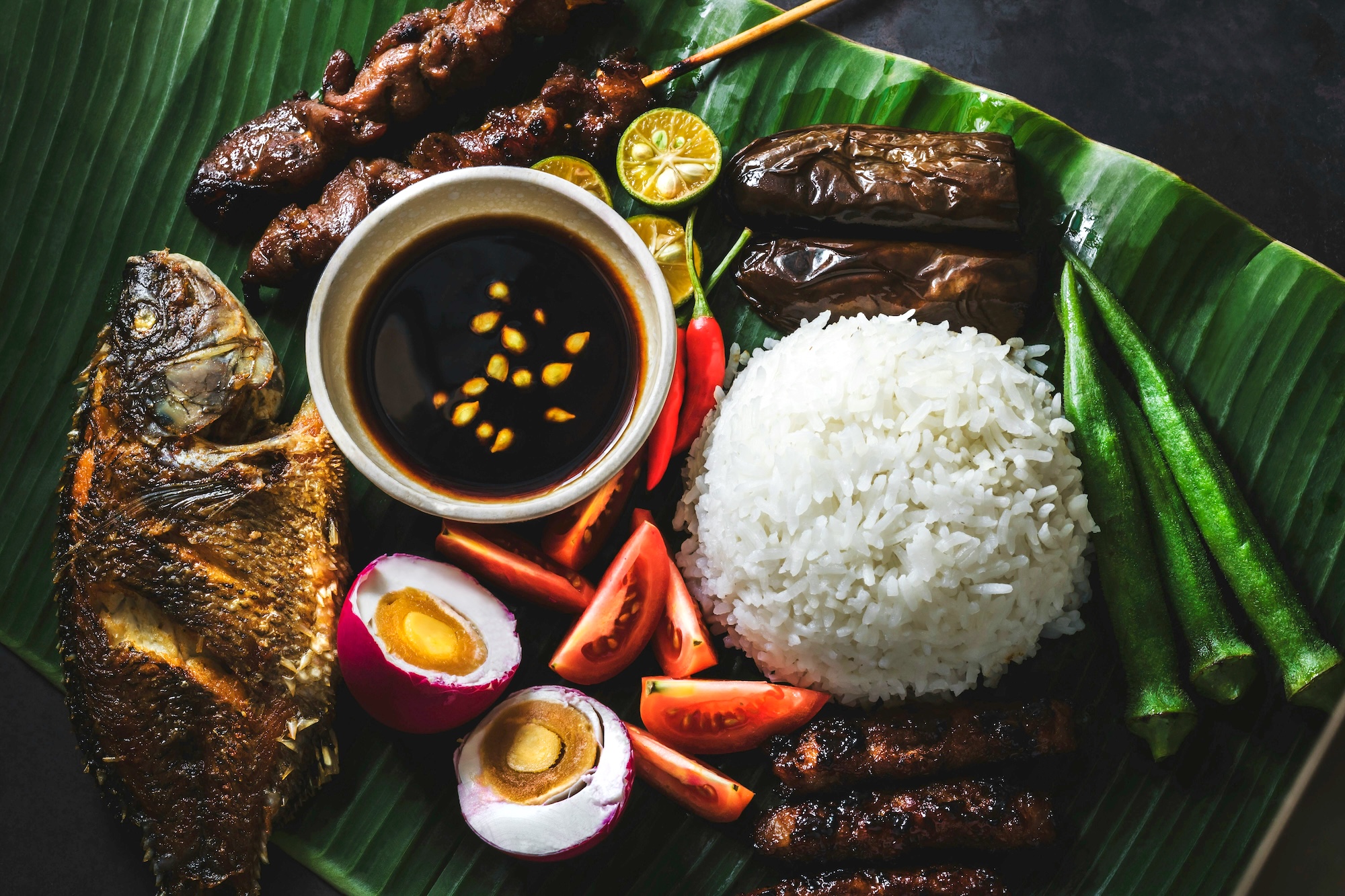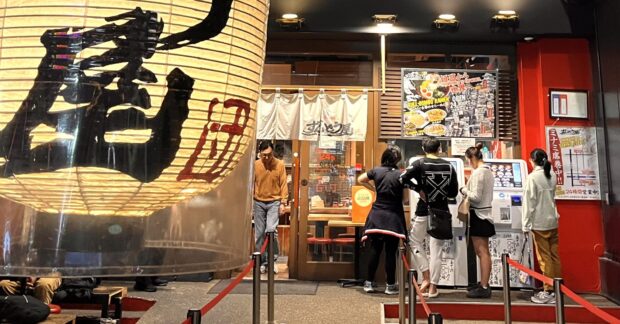
The son’s adverse reaction to food and the doctor’s advice against foods with artificial ingredients drove the father to a journey towards better health.
When Romeo Sia went to the supermarkets, he was appalled that most food labels indicated synthetic ingredients—from pesticides to fertilizers and preservatives.
Sia then went to the US to search for alternatives and was surprised to find that the whole foods industry was a fast-growing sector. He then came home to open the first Healthy Options store at Shangri-La Plaza Mall, a grocery which offered nutritional supplements, natural dry goods and grooming products using natural ingredients.
“It was just a sideline. There was no grand vision of building a chain,” says Sia who was finance director at ABS-CBN.
By 1997, he quit his job with the media organization to go full time as Healthy Options’ managing director. Today, Healthy Options has 18 stores and will open three more this year. It was the first to offer vegetarian capsules, chia seeds as rich source of Omega 6, and glutathione as a super antioxidant.
His former boss, Gina Lopez, a loyal patron, suggested Healthy Options offer a line of local ingredients.
Living in Laguna, Sia observed that when he commuted to the city, he would see pigs squealing in jeepneys as they were brought to the slaughterhouse. He recalled reading a book, “The Righteous Porkchop,” which revealed the alarming practices of the animal industry and provided a guide to unhealthy meats.

Advocacy
Inspired by his meeting with the author and animal rights activist Nicolette Hahn Niman, he decided to introduce an organic line in Healthy Options as an advocacy. He says organic farmers respect the animals, workers and the environment while industrial farmers are just concerned with sales volume.
He discovered the Costales Nature Farm in Majayjay, Laguna, which has a certification from the Negros Island Certification Services, an organization that accredits farms adhering to organic agriculture laws.
The owners, Ronald and Josie Costales, raised vegetables and eggs. Sia then went into a joint venture with Costales Nature Farm in developing the livestock and poultry.
“We don’t put the livestock in battery cages. They roam freely and are pasture raised. The chickens are brought to a triple-A slaughter house. The pigs are slaughtered in Quezon. We blast freeze them to retain the flavor, and they are packed according to our standards,” says Lorraine Jane Mallari, Healthy Options manager for farm operations.
“The beddings in the pigpen are used as fertilizers for vegetables. In other farms, the eggplant is dipped in pesticides. At Costales, the eggplant is placed under a net for protection.”
Last September, Healthy Options launched its organic line of products from Costales Nature Farm in the Shangri-La, Greenbelt and Rockwell stores.
Although the leafy vegetables, corn, sweet potatoes and organic eggs have been moving, Sia says consumers still have to be educated on organic foods. “Know how food comes from farm to packaging. Packaged foods are heavily processed to ensure uniformity of standards. There are chemicals and additives so they don’t spoil easily.”
Sometimes people don’t see the connection, for example, between autism and attention deficit disorder and the foods ingested. Expectant mothers are unaware that their meats are genetically modified, says Sia.

More than just promoting foods free of pesticides and hormones, Sia wants to encourage transparency.
Animal welfare issue
“I went into selling organic products because of the animal welfare issue. Anybody can say their product is organic. But you can’t tell the taste unless you’re used to eating organic foods. I can’t stand seeing chicken in battery houses. Our pigs live in big pens with beddings,” says Sia.
Yet, people are not willing to pay for a few extra pesos on organic food. Sia explains the economics. For instance, it takes 90 days and several sacks of grain to raise a chicken. To reduce costs and to meet the rising demand, commercial growers inject growth hormones so that chickens grow in one month. This not only lessens the cost of feeding but also increases the supply.
“We want fast or convenient food. We don’t want to wait. This is why farmers do shortcuts. We want food cheap,” he says.
Although many Filipino farmers have been adapting to organic agriculture, they say it’s not viable because of the lack of demand and distribution. For his part, Sia told the Costaleses that he could carry the products in the 18 Healthy Options stores.
“We pay more for people in call centers than the people in farms. Those in farms leave agriculture for the city. The farmlands become subdivisions. The Philippines is now importing rice from Thailand and Vietnam. I want to encourage people to revert to agriculture.”
In his office, Sia insists his colleagues to walk the talk. They are discouraged from eating fastfood. A kitchen was built where employees can prepare food using organic ingredients. “It’s a team-building effort and we’ve been excited about it,” says Mallari.













































